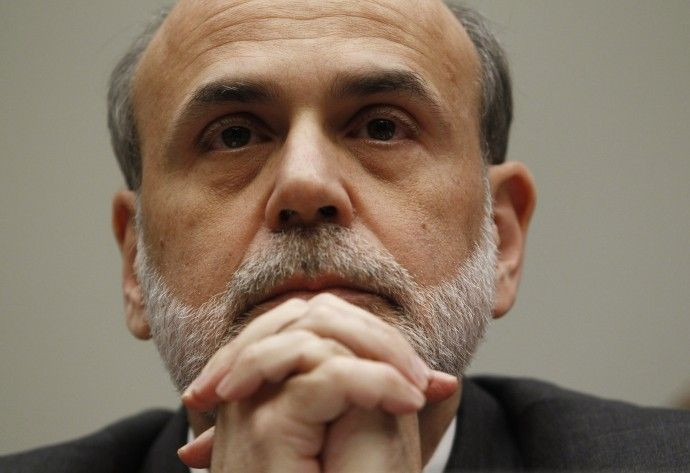Finance Executives See No Need for Additional Stimulus

Today, Fed is expected to review its $600-billion bond buying program in their last scheduled meeting of 2010 and the market is speculating more asset purchasing measures from Fed, meaning a third round of quantitative easing (QE3).
In November, Fed rolled out a much-criticized $600 billion quantitative easing program to bolster the economy, a move that triggered a rally in the stock markets.
However, mortgage rates have increased, defying one of the Fed's stated goals of the bond-buying program. The average rate on a 30-year fixed mortgage rose to 4.61 percent from 4.17 a month ago.
Meanwhile, a survey conducted by Association for Financial Professionals (AFP) showed executives do not believe that additional fiscal stimulus is necessary or desirable at this stage.
Thirty-seven percent of financial professionals say that the state of the economy and the size of the federal deficit make it imperative to enact proposals like those from the deficit reduction commission. Only, 15 percent of survey respondents say that additional fiscal stimulus is necessary, given current economic conditions.
Also regarding so-called QE2, 44 percent of survey respondents believe that risks like inflation and U.S. dollar volatility outweigh the benefits of the action. Yet, they see more than a one-in-three chance that the Federal Reserve will continue purchasing securities beyond the June 30 scheduled end of the current round of quantitative easing.
"AFP members indicate that they have moderate expectations about business growth in the coming year, but they are tempering their optimism due to concerns about corporate taxes and, indeed, business sentiment in Washington," said Jim Kaitz, president and CEO of AFP. "The survey shows that instability is being caused by a broad range of issues. On the immediate horizon, uncertainty around 2011 business taxes needs to be resolved."
Despite the improvement seen ahead, the vast majority of financial professionals do not expect inflation to build significantly in 2011, with a median CPI prediction of 1.4 percent. However, 56 percent of respondents point to a risk of possible inflation 39 percent indicating deflation .
Looking at timing of possible rate hikes, 44 percent of the respondents say the FOMC will begin to raise the Fed funds target rates in the second half of 2011, with 32 percent saying the rate hake will be in the first half of 2012 and 10 percent expecting it in the second half of 2012.
The survey also showed that although 42 percent of financial professionals expect their organizations to resume hiring in the coming year, they see a lack of consumer confidence holding back business expansion, and they remain concerned about corporate taxes and general business sentiment in Washington.
The AFP survey, which closed Friday, also shows that 48 percent of respondents expect business conditions to improve moderately in 2011, with no need for additional stimulus. The GDP growth rate they anticipate is a moderate 2.3 percent.
The AFP surveyed U.S. financial professionals from Nov. 29 through Dec. 10 about current and expected business conditions in the U.S. The survey generated 808 responses from professionals holding a variety of positions within their organizations, including CFO, vice president of finance, treasurer and assistant treasurer.
© Copyright IBTimes 2024. All rights reserved.





















